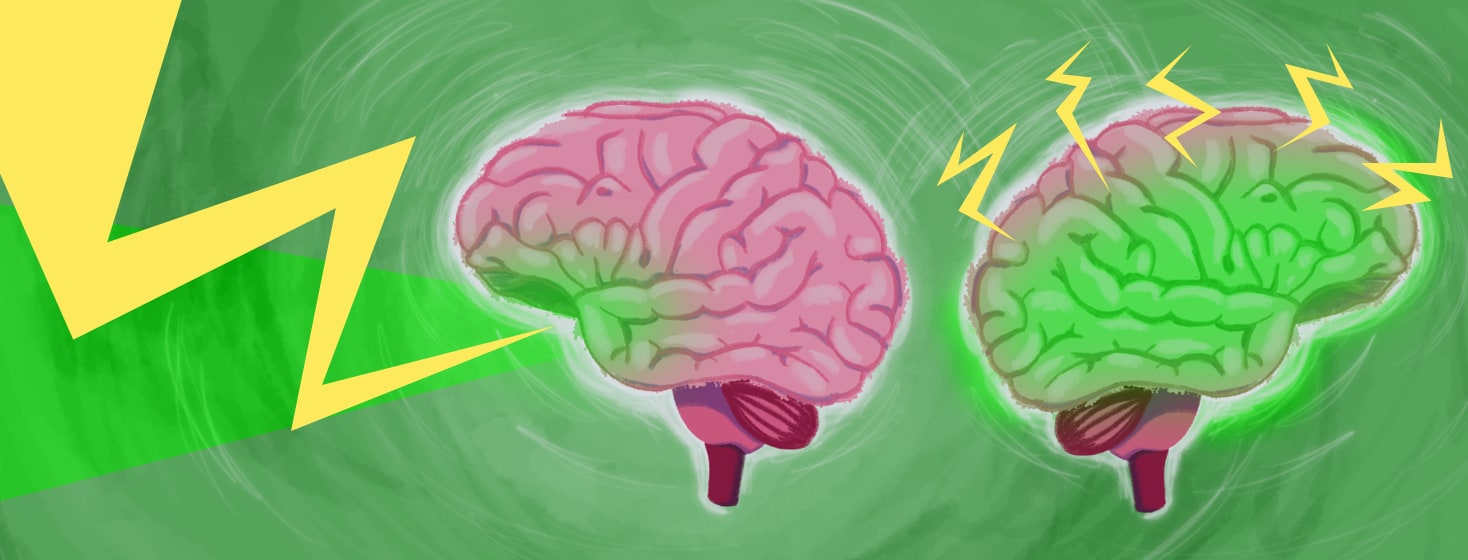Confusing Term: Cluster Migraine
I live with both cluster headache and migraine disease and they are two completely different things. The term “cluster migraine” is still used somewhat frequently in the community and when I hear someone use this term, I try to validate their experience, so I usually ask: Do you have cluster headache, migraine, or both? Once we have a conversation, I want to find out where the term originated for them. More often than not, the answer is, “That’s what the doctor called it.” Big sigh.
What's wrong with the term cluster migraine?
The problem with the term cluster migraine is it doesn’t exist. If I look up cluster migraine, what is found is a mix of information leaves me even more confused. Is it cluster headache or migraine? Google searches vary and either describe migraine or cluster headache or show “headlines” that use the term cluster migraine, however those results are misleading.
How does this terminology matter?
The difference is critical when it comes to treatment and community. If you have migraine, but you go to a cluster headache community for help, you might not find what you’re looking for as the treatment options and experiences are very different. If you have cluster headache and end up in a migraine community, you’ll see lots of treatment options that are useless for cluster headaches, and again, the community won’t understand your experience. It is frustrating to think you are in the community that will get it, but they don’t.
How are the diagnostics different?
Currently, the ICHD-3 tells doctors what criteria meets each diagnosis. The diagnostic criteria for migraine and cluster headache are very different. In fact, they are two totally different primary headache categories!
What are the different types of migraine?
Migraine is categorized as a primary headache disorder. There are several different types of migraine. Migraine breaks down into episodic and chronic migraine based on frequency:
- Episodic - less than 15 headache days a month
- Chronic - 15 or more headache days per month (at least 8 of them are migraine-related)
There are two other main categories of migraine:
- migraine without aura
- migraine with aura (typical, migraine with brainstem aura, hemiplegic migraine, and retinal migraine)
What is cluster headache?
Cluster headache is actually one of 4 headache disorders that fall under the trigeminal autonomic cephalgia (TAC) category. TAC is quite a mouthful, but it sums up the basic criteria of the category. This category is focused on the trigeminal nerve, cranial autonomic symptoms, and it’s a cephalgia; which means head pain. Knowing which category your head pain falls under: migraine, TAC, or one of the others is critical to understanding your experience and your treatment options.
Where does the confusion with migraine come from?
Most often when someone tells me they have cluster migraine but they have migraine it’s because they have chronic migraine with several days of migraine in a row - which might explain why they’d use the word cluster. What other words are more accurate? If they are experience a migraine attack that's lasts longer than 72 hours, then they're experiencing a complication called status migrainosus.
Where does the confusion with cluster headache come from?
Many people assume cluster headache is a type of migraine but it’s not. As I mentioned above, it is one of four headache disorders that fall under trigeminal autonomic cephalgia (TAC) - a completely different primary headache category. Remember, not all TACs are cluster headache! There are similarities and differences among each of these: Cluster headache, SUNCT/SUNA, hemicrania continua, and paroxysmal hemicrania.
Where does the confusion with both come from?
Some people living with both cluster headache and migraine may be blending the two to reference both of their headache disorders. However, saying "cluster migraine" adds to the misunderstanding that cluster headache is related to migraine disease, which it is not. Migraine disease doesn't morph or turn into cluster headache, nor does cluster headache turn into migraine disease. Sadly, having one headache disease actually can raise your chance of getting another headache disease.
What should you do if you hear this term?
If someone uses the term cluster migraine to describe their experience, be kind. They are often using the term because they have either been told the term by a medical professional or someone close to them. Ask if they have one of the headache disorders or both. If they aren’t sure, one of the biggest and most noticeable differences between the two is the average length of an attack - cluster headache attacks tend to last 15 min to 3 hours, while migraine attacks tend to last 4 to 72 hours. Instead of looking at Google searches of “cluster migraine,” use solid resources such as ICHD-3 or more patient-friendly resources such as Clusterbusters or Association of Migraine Disorders for their explanations of each. Empowering patients is important work and helps them find their community.

Join the conversation